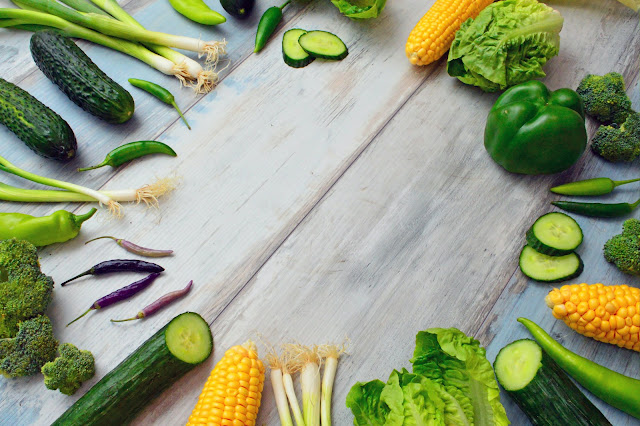Introduction: In a world where
health is wealth, nutrient-dense vegetables stand out as nutritional
powerhouses, offering a plethora of vitamins, minerals, and antioxidants
essential for overall well-being. In this comprehensive guide, we'll delve into
the importance of nutrient-dense vegetables, explore the top picks, and provide
valuable tips on incorporating these nutritional gems into your daily diet.
The Significance of Nutrient Dense Vegetables
Why Nutrient Density Matters:
Nutrient density refers to the concentration of essential nutrients per calorie
in a food item. Vegetables that are nutrient-dense pack a powerful punch,
offering an abundance of vitamins, minerals, and other vital compounds without
the excess calories often found in processed foods. Incorporating these veggies
into your diet can contribute to better health, improved energy levels, and
overall vitality.
Top Picks for Nutrient Dense Vegetables
Kale - The King of Nutrient
Density (H3): Known for its exceptional nutrient profile, kale tops the list of
nutrient-dense vegetables. Packed with vitamins A, C, and K, as well as
minerals like iron and calcium, kale is a versatile green that can be enjoyed
in salads, smoothies, or as crispy kale chips.
Spinach - A Nutrient-Rich Leafy Green
Spinach is another powerhouse,
rich in iron, folate, and antioxidants. This versatile green can be
incorporated into various dishes, from salads to omelets, providing a boost to
your immune system and promoting healthy skin.
Broccoli - Nutrient Density in Every Floret
Broccoli is loaded with vitamins
C and K, along with fiber and antioxidants. Its versatility makes it an easy
addition to stir-fries, casseroles, or enjoyed simply steamed with a drizzle of
olive oil.
Sweet Potatoes - Nature's Nutrient-Rich Sweet Treat
Packed with beta-carotene, fiber,
and vitamins A and C, sweet potatoes offer a delicious and nutrient-dense
alternative to regular potatoes. Roast them, mash them, or turn them into sweet
potato fries for a nutritious and satisfying side dish.
Incorporating Nutrient Dense Vegetables into Your Diet
Now that we've uncovered the
nutritional wonders of these vegetables, let's discuss practical ways to
incorporate them into your daily diet.
Smoothie Boost
Add a handful of nutrient-dense
greens like kale or spinach to your morning smoothie. This is a quick and tasty
way to start your day with a burst of vitamins and minerals.
Colorful Salads
Create vibrant salads by
combining a variety of nutrient-dense vegetables. Mix and match colors for a
visually appealing and nutritionally rich meal.
Savory Side Dishes
Experiment with different cooking
methods to prepare vegetables as savory side dishes. Roasting, sautéing, or
grilling can enhance the flavors while preserving their nutritional value.
Conclusion
In conclusion, prioritizing
nutrient-dense vegetables in your diet is a simple yet powerful step towards
better health. By understanding the significance of nutrient density and
incorporating top picks like kale, spinach, broccoli, and sweet potatoes, you
can embark on a journey to a more vibrant and energetic lifestyle. Start
reaping the benefits today and savor the goodness that nutrient-dense
vegetables bring to the table.





0 Comments